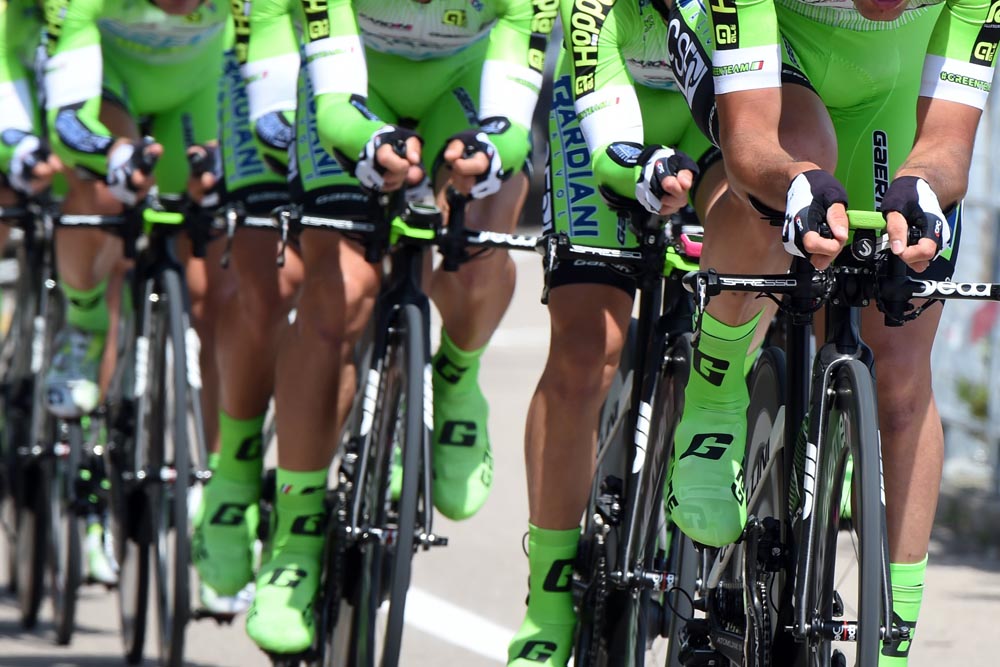Italian teams 'forced pro riders to pay to race'
On-going investigation in Italy centres on the practice of certain cycling teams to charge riders to join them, and charge them again if they want to leave


Italian teams Androni, Wilier-Southeast and Bardiani required professionals to pay to race according to an ongoing investigation with testimony from Olympic gold medalist Elia Viviani (Sky).
On Friday morning, Italian newspaper Corriere della Sera lifted the lid on an Italian Olympic Committee (CONI) investigation. The case, after being closed twice by the Italian cycling federation (FCI), is going ahead thanks to the work of a CONI prosecutor.
"Viviani did not have to pay to race, but confirmed in his June 14 testimony that Bardiani asked for money from Marco Coledan," the article read. Coledan, now with American WorldTour team Trek-Segafredo, has denied the claims. "But at least six other cyclists admitted to paying or to having to find sponsors to pay for their contracts."
The newspaper exposed the practice in both cycling and football last November. The practice has been easier to uncover in the two-wheeled sport.
>>> Bradley Wiggins’s and Chris Froome’s medical data released by Russian hackers
The prosecutor called the managers of the teams Androni, Wilier-Southeast and Bardiani – Gianni Savio, Angelo Citracca and Bruno Reverberi – to testify. They risk a one-year to life ban, according to the article.
They are accused of also signing professionals not for their sporting merit, but for the money they could bring to support the team.
The latest race content, interviews, features, reviews and expert buying guides, direct to your inbox!
In addition, riders would have to pay in order to leave the team. Cyclists' parents or their family's business would be forced to cough up the cash to pay for a “dream career” as a professional.
Italian Viviani, winner of the ominum gold medal in the Rio 2016 Olympics ahead of Mark Cavendish, was CONI’s star witness.
"I remember," Viviani testified, "that Coledan was surprised to learn that to break free from Bardiani he would have to pay a penalty. Because he said he received minimum wage, and no one had said that to free himself he'd have to pay a sum of money.
"The amount of this so-called penalty usually did not appear indicated with certainty and as a specific number."
The fee – in what the article described as a 2+1 contract, or two years plus one big penalty – went from €10,000 (£8,450) to €15,000 (£12,750) up to €40,000 (£34,000).
Gregor Brown is an experienced cycling journalist, based in Florence, Italy. He has covered races all over the world for over a decade - following the Giro, Tour de France, and every major race since 2006. His love of cycling began with freestyle and BMX, before the 1998 Tour de France led him to a deep appreciation of the road racing season.
